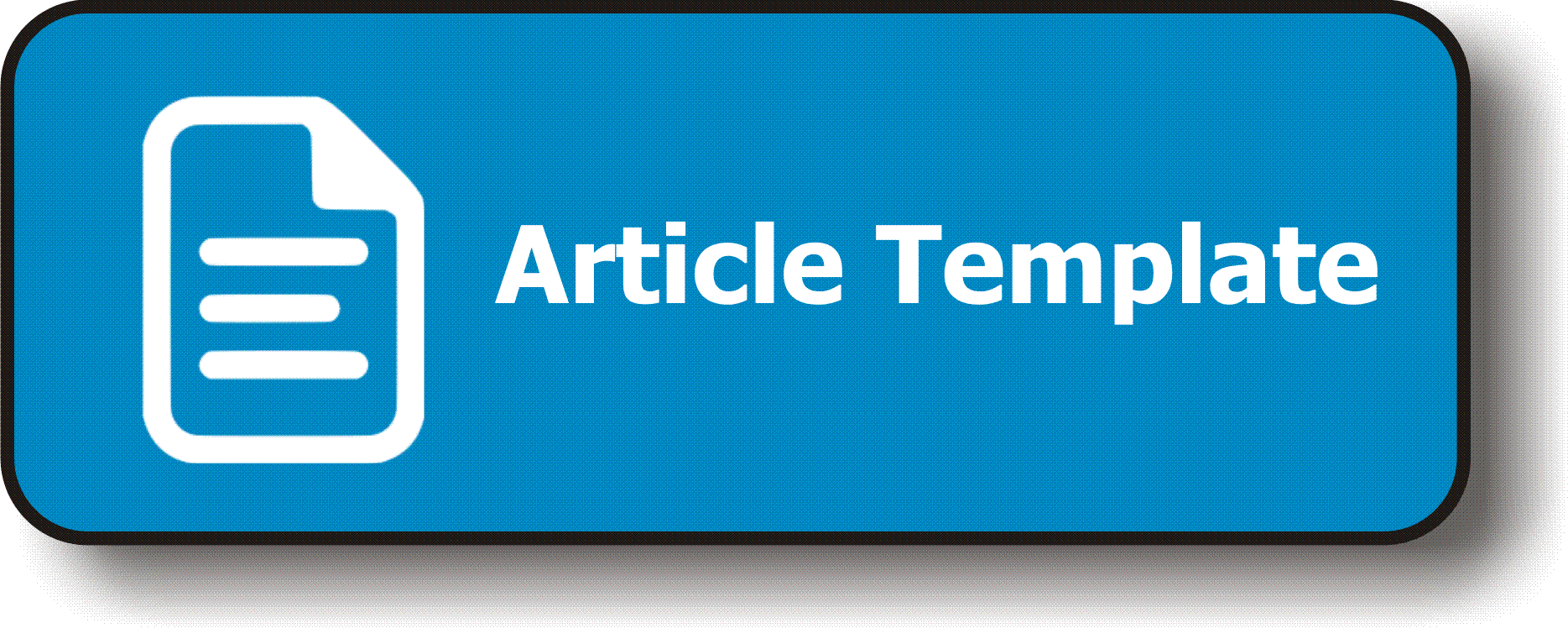SELF-IDENTIFICATION AS PREDICTOR OF PLEASURE READING AMONG STUDENTS OF UNIVERSITY-OWNED SENIOR SECONDARY SCHOOLS IN SOUTHWESTERN NIGERIA
Abstract
Keywords
Full Text:
PDFReferences
Abiolu, O. A. (2014). Reading habits among senior secondary students in Ondo State, Nigeria. Nigeria school library journal, 13, 91.
Adams, G. R., & Ethier, J. L. (1999). The objective measure of ego identity status: A manual on theory and test construction. PhD. Thesis. Dept. of Family Relations and Applied Nutrition, University of Guelph. Guelph, Ontario, Canada.
Adams, G. R., & Marshall, S. K. (1996). A developmental social psychology of identity: Understanding the person-in-context. Journal of adolescence, 19, 429-442.
Allen, D. D. (2013). Attitude toward digital and print-based reading: a survey for elementary students. Graduate Theses and Dissertations. Retrieved March 11, 2017, from http://scholarcommons.usf.edu/etd/4858.
Ashoko, F. A., & Fabunmi, B. A. (2007). Differential resource and service needs of children in Edo State Public Libraries. Heartland journal of Library and Information Science, 1(2).
Bhatt, R. (2010). The impact of public library use on reading, television, and academic outcomes. Journal of Urban Economics, 68, 148-166.
Clark, C., & Rumbold, K. (2006). Reading for pleasure: A research overview. London. National Literacy Trust. .
Clark, C., Osborne, S., & Akerman, R. (2008). Young people’s self-perceptions as readers an investigation including family, peer and school influences. National Literacy Trust.
Clarke, M. (2009). Doing ‘identity work’ in teacher education: the case of a UAE teacher. (A. E. Mazawi, & R. G. Sultana, Eds.) World Yearbook of Education 2010: Education and the Arab ‘World’: political projects, struggles and geometries of power. London.
Creel, S. L. (2015). . The impact of assigned reading on reading pleasure in young adults. Journal of Research on Libraries and Young Adults, 5.
Dike, V. W. (2011). Extent of the availability of Africana resources in subject areas in Nigerian university libraries. : . Nigerian Journal of Technological Research, 6(1).
Dike, V. W. (2011). Extent of the availability of Africana resources in subject areas in Nigerian university libraries. Nigerian Journal of Technological Research, 6 (1).
Elaturoti, D. F. (2001). Personnel requirement for effective school library service in the implementation of universal Basic Education Programme in Nigeria. . Nigerian School Library Journal, 4(1 and 2), 23-32.
Fayose, P. O. (2003). Library work with children: an African perspective, Ibadan. . AENL Education.
Gastil, J., Braman, D., Kahan, D., & Slovic, P. (2011). The cultural orientation of mass political opinion. PS: Political Science and Politics, 44, 711–714.
Gervais, W. M., & Norenzayan, A. (2012). Analytic thinking promotes religious disbelief. Science, 493–496.
Guthrie, J. T. (Ed.). (2008). Engaging adolescents in reading. Thousand Oaks, California: Corwin Press.
Hall, S. (2012). Theorizing crime and deviance: a new perspective. London: Sage.
Hughes-Hassell, S., & Rodge, P. (2007). The leisure reading habits of urban adolescents. Journal of Adolescent and Adult Literacy, 51(1), 22–33.
Ihejirika, R. C. (2014). Poor attitude to reading for pleasure and its implications on acquisition of language skills and academic achievements: the case of students of secondary schools in Nigeria. IOSR Journal of Humanities and Social Science (IOSR-JHSS), 19(1), 43-46. Retrieved April 22, 2015, from www.iosrjournal.org
Kahan, D. M. (2012). Why we are poles apart on climate change. . Nature, 488: 255.
Kahan, D. M. (2013). Ideology, motivated reasoning, and cognitive reflection. Judgment and Decision Making, 8(4), 407-424.
Mohammad, N. K., & Sarjit, K. (2014). "English recreational reading habits of Arab Jordanian EFL tertiary students". Education, Business and Society: Contemporary Middle Eastern Issues,, 7(1), 17-32,. Retrieved August 12, 2017, from https://doi.org/10.1108/EB
Ogbonn, J., & Eze, J. U. (2015). "Reviving the reading culture: school library programmes in promoting voluntary reading amongst students: the case of Imo State, Nigeria.". Library Philosophy and Practice (e-journal). Paper 1241. Retrieved May 13, 2017, from http://digitalcommons.unl.edu/libphilprac/1241
O'Sullivan, A. (2013). Direct work with children. The SAGE key concepts series: key concepts in social work practice. In A. Worsley, T. Mann, A. Olsen, & E. Mason-Whitehead (Eds.). London: SAGE Publications. doi:http://dx.doi.org/10.4135/9781473914988.n14 62-67
Oyewo, R., L. O., & Akadri, A. A. (2013). Assessment of the role of SUBEB libraries in developing the reading skills of primary school pupils in Oyo state. , . Nigerian School Library Journal, 119.
Oyewusi, F. O. (2016). Understanding school library media concepts. Ibadan: Stirling-Horden.
Schlenker, B. R., & Weigold, M. F. (2012.). Goals and self-identification process: constructing desired Identities. PsycINFO database record.
Simisaye, A. O. (2016). Developing a reading habit in children: Lagos state Library Board summer reading programme. Nigerian School Library Journal, 22-48.
Sokoya, A. A., & Alabi, A. O. (2014). Promoting reading through the use of book talk, story books and book mobile among children in selected shools in Lagos Mainland. Nigerian School Library Journal, 91.
Summers, K. (2013). Adult reading habits and preferences in relation to gender differences. Retrieved April 13, 2017, from http://www.jstor.org/stable/refuseserq.52.3.243
Ukoha, E. K. (2015). Impact of writing on improving the reading competence of nigerian adolescents. International Journal of Technology and Inclusive Education (IJTIE), 4(2).
Ume, C. U. (2015). Places and practices for 12 – 20 year olds. The poor reading habit of 15 – 20 year old youth in Nigeria: Librarians’ Registration Council of Nigeria. Retrieved September 17, 2016 from. Retrieved September 17, 2016, from http://www.lrcn.gov.ng/
Vignjevic, I. K. (2011). A study of teaching reading and reading strategies to English language lerners in lower secondary school in Norway. Avdeling for okonomi, srak og samfunnsfag, 1-80.
DOI: https://doi.org/10.17509/edulib.v10i1.23810
DOI (PDF): https://doi.org/10.17509/edulib.v10i1.23810.g12376
Refbacks
- There are currently no refbacks.
Copyright (c) 2020 Edulib

This work is licensed under a Creative Commons Attribution-NonCommercial-ShareAlike 4.0 International License.

This work is licensed under a Creative Commons Attribution-ShareAlike 4.0 International License.






